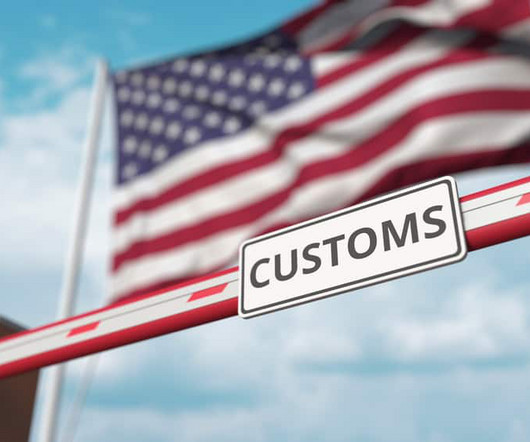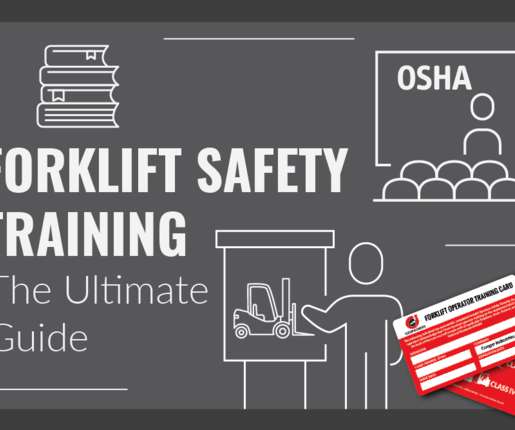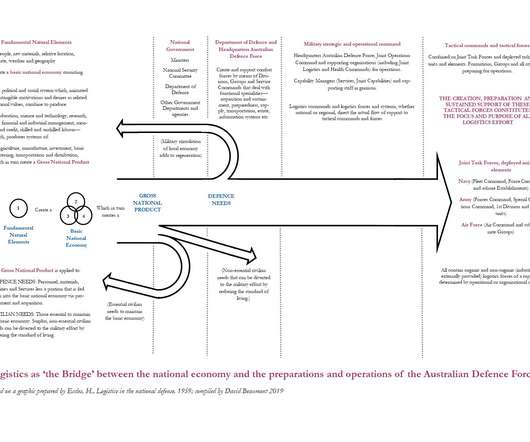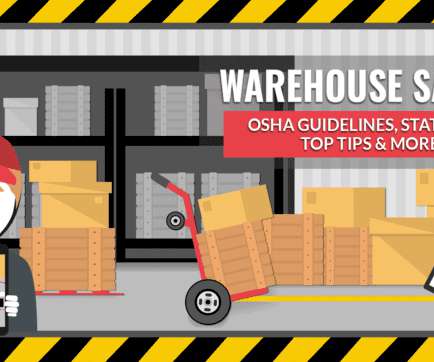Continuing Education For Licensed Customs Brokers
MTS Logistics
SEPTEMBER 15, 2023
partner government agencies (PGAs) will offer a variety of continuing education credits at no cost to customs brokers. Information on the accreditation process and details on courses offered by CBP and PGAs will be posted on the CBP website as they become available. CBP and U.S.

























Let's personalize your content